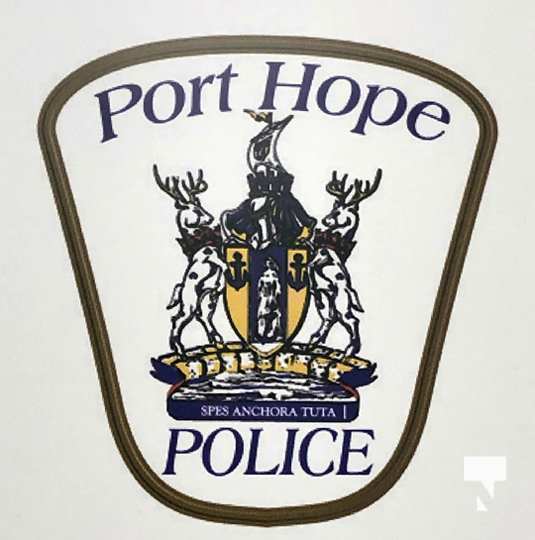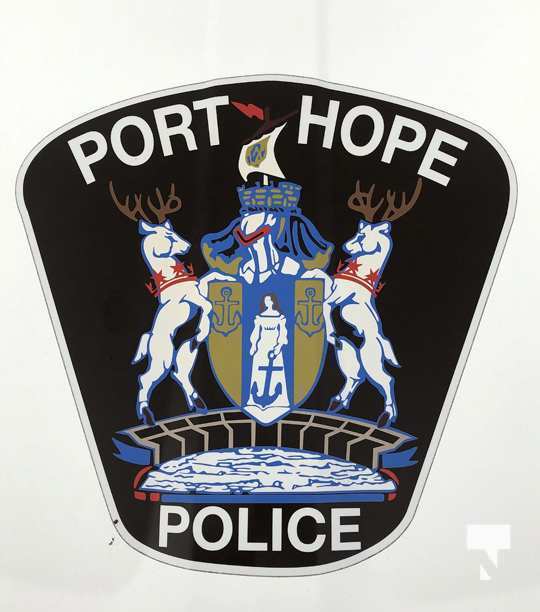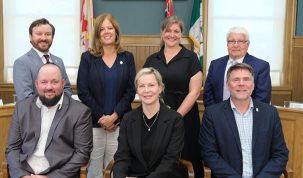By-name lists will collect detailed information and help match people with supports they need
The Ontario government is directing municipal service managers to begin collecting detailed, up-to-date information from individuals experiencing homelessness and use a strategy called by-name lists. This innovative approach is being launched across Ontario following significant consultation, and will help connect people with local housing and homelessness supports that better respond to their needs.
“The enumeration strategy implemented by the previous government was filled with gaps and limitations, and our government understands that it’s critical to go beyond simply counting homelessness to actually understanding who is homeless, so we can help match them with the supports they need,” said Steve Clark, Minister of Municipal Affairs and Housing. “The introduction of by-name lists is a critical step in ending homelessness, and it will provide us with the data required to make informed policy decisions, while allowing us to measure progress made on combatting homelessness.”
By-name lists are a real-time list of people experiencing homelessness that includes detailed information about the needs of each individual. They can help create a foundation to improve access to supportive housing, connect people to services, and provide a more standardized approach for assessment and referral protocols to make sure people are being matched to the services they need.
Ontario is partnering with the Canadian Alliance to End Homelessness (CAEH) to support service managers throughout the process. CAEH has significant expertise in this area and will develop a best practices guide to help service managers develop and implement effective by-name lists. CAEH will also deliver training and workshops, offer intensive coaching and provide a portal with online tools.
“By-name lists are a revolutionary and powerful tool for ending homelessness,” said Tim Richter, President and CEO of the Canadian Alliance to End Homelessness. “Bringing a whole community together around a by-name list’s real-time, person-specific data improves coordination, unlocks new solutions, creates a new energy for solving homelessness and most importantly, helps deliver better outcomes for vulnerable Ontarians.”
Quick Facts
- Ontario is also requiring service managers to conduct a homeless enumeration any time before December 15, 2021.
- Ontario’s service managers and Indigenous program administrators are responsible for providing shelter or housing and supports for those who are homeless or at risk of homelessness, survivors of domestic violence and members of Indigenous communities who are in need.
- Under the Social Services Relief Fund, the province has provided $765 million to help our service manager and Indigenous program partners support shelters, create longer-term housing solutions and help vulnerable Ontarians affected by COVID-19, including those who are homeless or at risk of homelessness.
- As part of its Community Housing Renewal Strategy and response to COVID-19, Ontario is investing approximately $1.75 billion in 2020-21 to help sustain, repair and grow community housing and help end homelessness.
Related Topics
Home and Community
Information for families on major life events and care options, including marriage, births and child care. Also includes planning resources for municipalities. Learn more

























